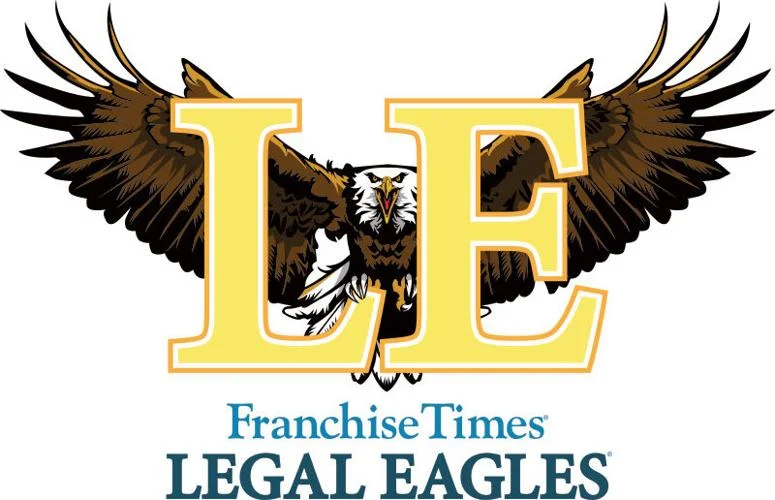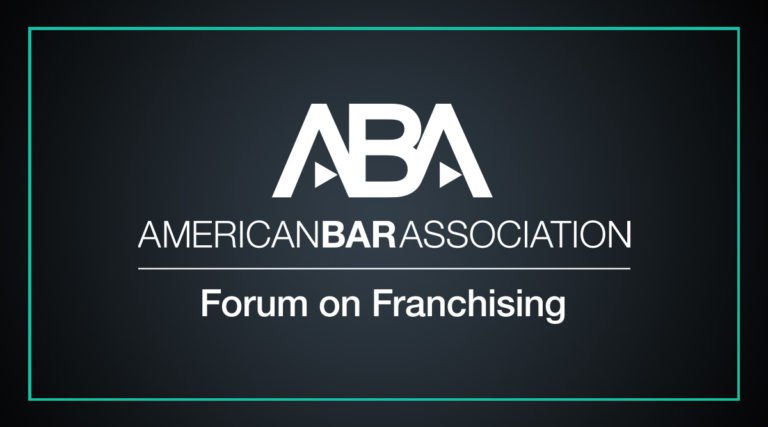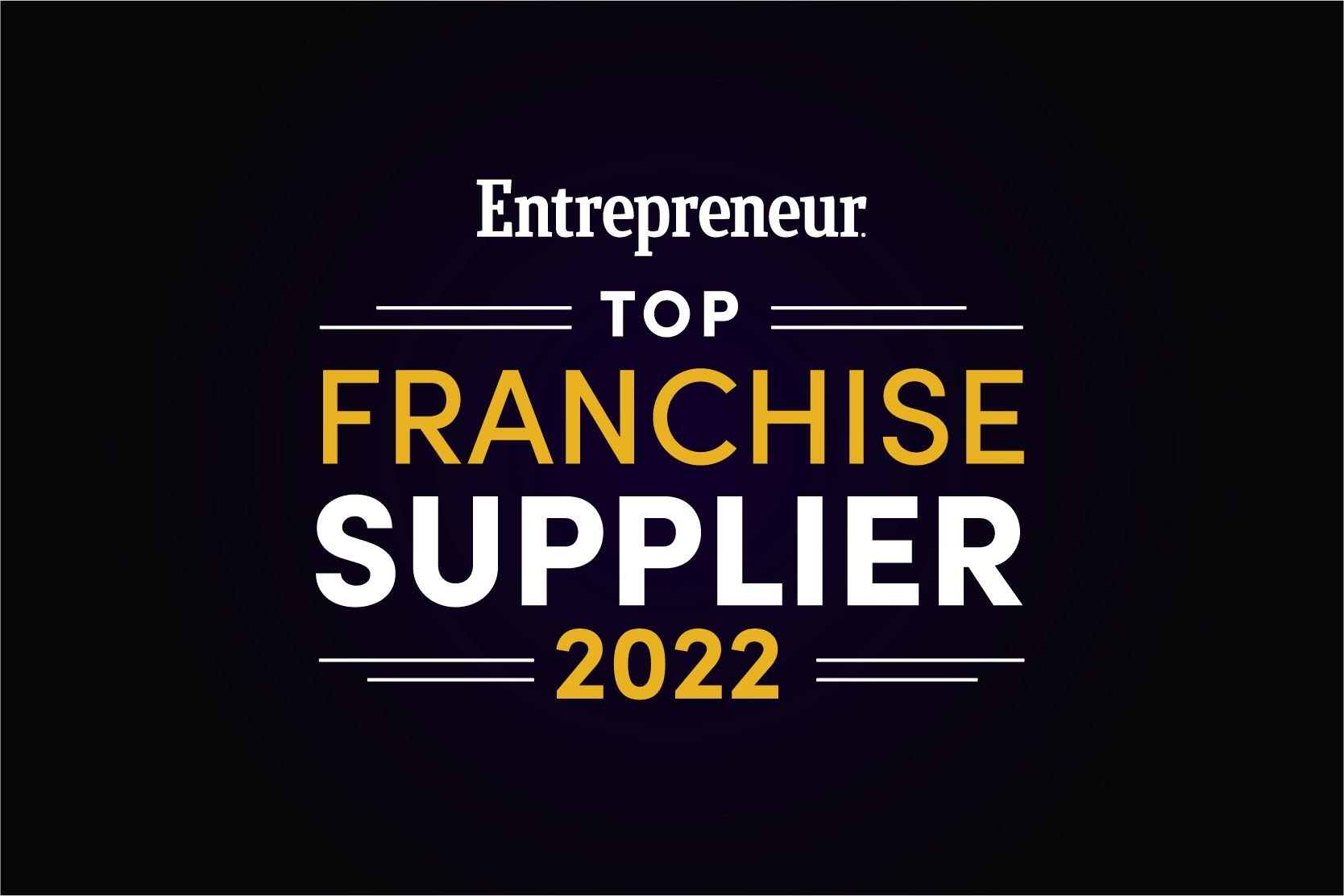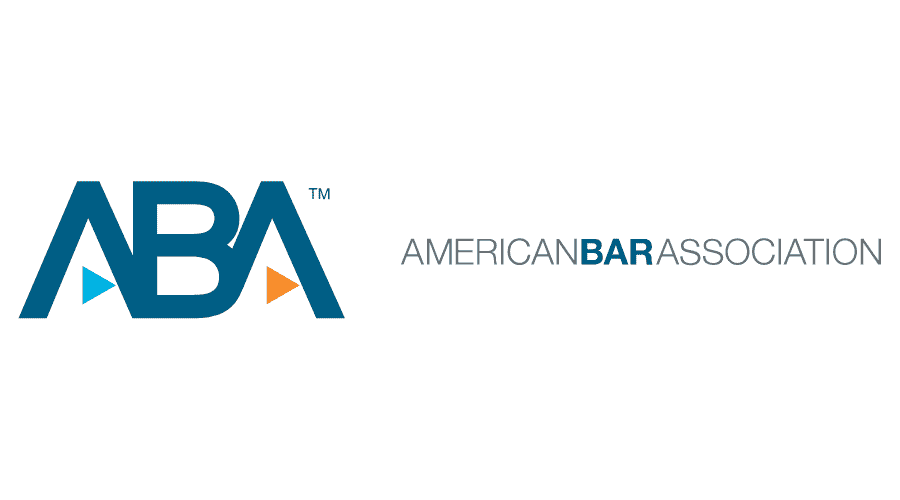Deal Deep Dive - Master Franchising a U.S. brand in a foreign country.
In a response to a question in a popular Facebook franchising group about “common deal structures” for Master Franchising in a foreign country, I provided this high-level overview of a deal structure actually used in practice for a U.S-based brick and mortar concept. This is by no means a “one size fits all” approach. If you’re interested in learning more about expanding your brand outside of the U.S. – we’re happy to help in any way we can!
Wondering if anyone has insights to typical commercial structures for selling master franchise rights into new countries, as opposed to selling individual franchises.
Master franchising is far more common in foreign countries than single unit or "direct" franchising (which is the typical model in the U.S. for U.S. based franchisors. I'll refer to this as "direct franchising" and it includes sales of single units and multi-unit development territories you're probably used to seeing in the U.S.). In many ways it looks similar to “Area Representative” franchising in U.S., but there are some key differences.
The difficulty with direct franchising in a foreign country is having little to no in-country leadership presence from the franchisor (unless you have the capability and desire to establish an in-country satellite office of your U.S. franchisor entity). Along with added expense and headache of maintaining a foreign office - some countries also have restrictions on foreign investment and company ownership - in other words they REQUIRE that resident nationals have ownership interests (often a majority stake) in the business. For these reasons, and others, many franchisors explore the Master Franchising model.
If we zoom out a bit, using the Master Franchising model in a foreign country has a lot of the same underlying rationale as to why you're franchising in the first place - to subsidize the capital and operational costs/risks of expansion using other people's capital and sweat to build the brand. In exchange for access to that capital and risk allocation - you give up a significant portion of the franchise fees and royalties from in-country franchise sales and operations - and your Master Franchisee helps build your brand as a "micro-franchisor" in their country. To incentivize the Master Franchisee to do this – you give them the opportunity to recoup whatever they paid to acquire the master territory rights and you provide some uncapped upside. This way, the Master is truly building a business, not just acting as in-country middle management for your franchise system.
While the below is by no means the only way to structure these deals, I'll walk you through a "market" transaction for a brick-and-mortar concept (and provide some "why" behind the "what" where possible). This deal was done in a high-end brick and mortar retail play - it could translate for QSR, fitness, hair/beauty and could certainly also work for services-based businesses. Explanations/rationale to some of the deal terms will be in [brackets].
Master Franchise Fee
$200k - minimum development obligation of 5 units over 5 years - no cap on the total number of units that COULD be sold/developed. $0 additional franchise fees for the first 5 "Master Locations" that the Master Franchisee opens themselves as in-country "Master-Owned Outlets". $10k for each additional Master Owned Outlet they open beyond the first 5 locations. Master Franchisee was required to open at LEAST 1 store to function as the training/model store in-country.
[The U.S. franchise fee for a single unit was $50k so providing 5 units that the Master can open at no additional franchise fee gives the Master the ability to either: (i) open Master-Owned Units themselves at a reduced franchise fee of $40k each (which they already paid as the “Master Franchise Fee”); or (ii) begin selling franchise rights and recoup the Master Franchise Fee through franchise sales (I'll discuss franchise fee and royalty splits below).
Franchise Fee/Royalty Splits
50% split of initial franchise fees from the sale of franchises and 50% of royalties generated from operations of franchises or "Master-Owned" locations. Master was required to charge a minimum franchise fee of $50k and a minimum Royalty rate of 7% - though the Master was free to charge more if they thought the market could bear it in-country. For any "Master-Owned" outlets - the Master would only pay 3.5% royalty on those stores - they would be free to either pay the remaining 50% of the royalty to their Master Franchisor entity, or just enjoy a reduced royalty rate for their Master-Owned Outlets (there may be benefits and rationale to why a franchisor (U.S. or Master) would "pay themselves" by paying royalties from their own outlets up to the franchisor entity they also own – but that discussion is beyond the scope of this reply).
[These are a couple of key deal levers that could certainly move. I'd expect to see any movement on these to be DOWNWARD in favor of the Master Franchisee. A 50% split of franchise fees and royalties is a pretty rich cut for the U.S. franchisor given the amount of operational support the Master will be expected to provide while acting as the "micro-franchisor" in-country.]
Compliance/FDD Preparation
U.S. franchisor provides the Master the U.S. FDD and agreements every year - it is the Master's responsibility (and cost) to have them modified to local law, and to handle disclosure of in-country franchisees if their country has a franchise disclosure obligation similar to the U.S. (many foreign countries do NOT have disclosure regimes like the U.S., though there are certain principles of general contract law, or a self-regulating governing oversight body that put an obligation on the Master to adapt the U.S. agreements to in-country standards and terms).
[This is one of the main reasons to have a Master rather than engage in direct franchising in a foreign country. Having an in-country, “boots on the ground” presence with access to local attorneys/accountants/advisors is typically much less friction and cost than having a U.S. franchisor and their legal/executive teams try to become experts on laws/regulations and business practices/culture of a foreign country.]
Operational/Marketing/System Standards
Like a U.S. franchise agreement - the majority of the controls and approval discretion is left in the hands of the U.S. franchisor as the owner of the brand. In this deal, the U.S. franchisor agreed to provide whatever was used in the U.S. for marketing - it was up to the Master to have customized/translated, and the U.S. franchisor reserved the right to approve or disapprove any customized marketing. The Master franchisee was not required to use the same exact vendors as U.S. franchisees, but any vendors had to meet certain standards set by the U.S. franchisor and we're subject to approval/disapproval. The U.S. franchisor also retained any intellectual property rights generated by the Master in the operation of the business - whether "hard" IP rights like copyrights, trademarks, patents, etc., or "soft" IP rights like processes, know-how, etc.
[Master franchising certainly elevates the "loss of control" risk for the U.S. franchisor that results from both a lack of direct oversight (e.g. "long-distance land lording") and a lack of understanding of in-country business and cultural sensitivities. In other words, the U.S. franchisor will often look to their Master franchisee and trust that what they are saying needs to happen to translate the brand into the local market, is what needs to happen.]
As the world continues to shrink, we expect to see more and more U.S. franchisors look beyond our borders for expansion opportunities. If you’d like to learn more about expanding your business outside of the U.S., contact the franchise attorneys who’ve been there before at Roda Chalfant Franchise Law.










